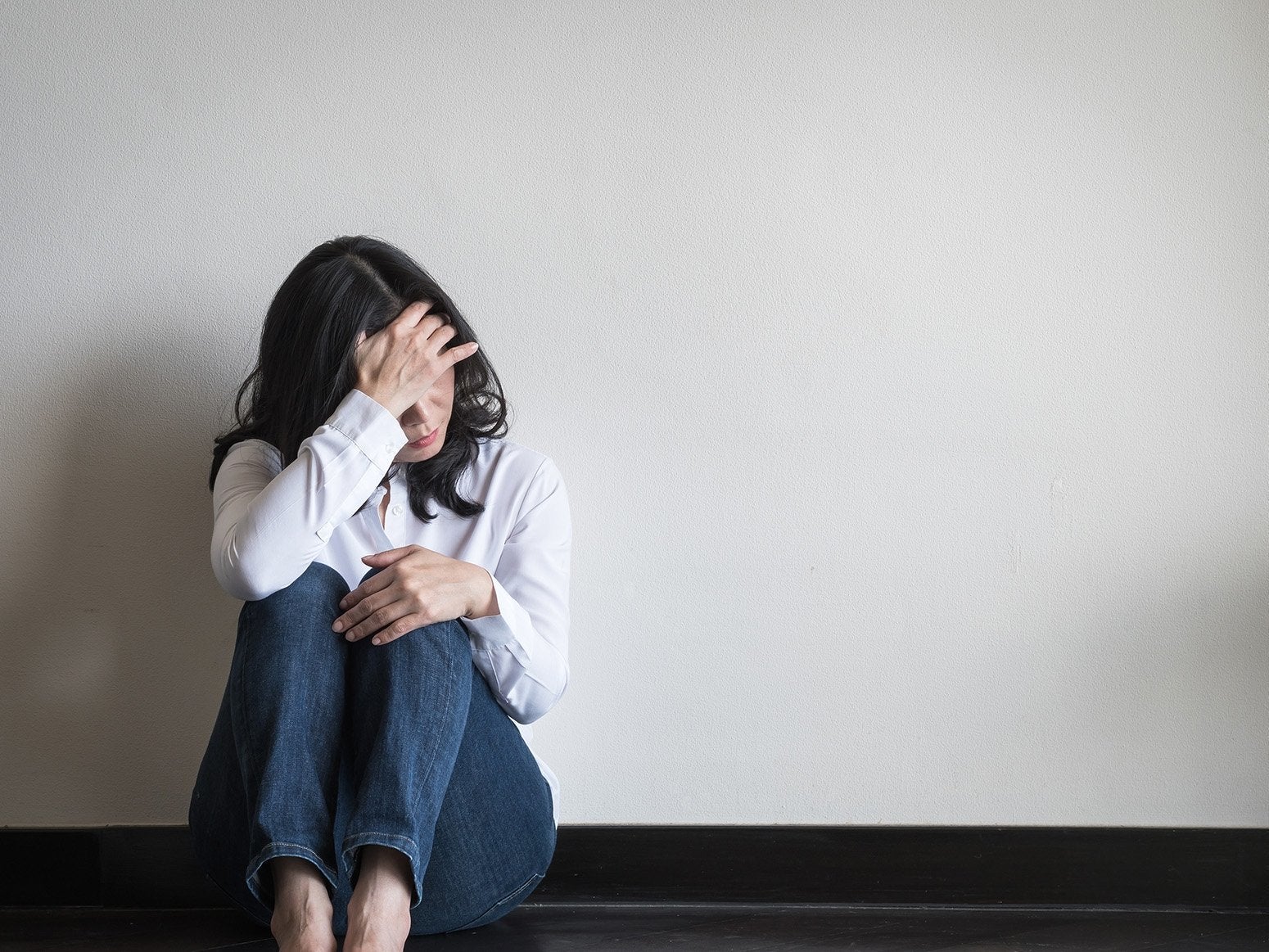Britain's Victorian mental health wards can't cope with coronavirus – violence is inevitable
Our psychiatric services are ill-equipped at the best of times. This pandemic will tip them over the edge, writes Ian Hamilton


You have to be extremely ill to justify admission to a mental health ward here in Britain. Compare the 18,000 beds available on such units today with the 67,000 in the 1980s. This rapid reduction doesn’t reflect an improvement in the nation’s mental health, but an ongoing attempt to replace expensive inpatient care with community treatment, which is significantly cheaper.
In normal times this dwindling mental health hospital capacity was a constant struggle for staff, who would have to decide who was the least ill, to be discharged or sent on leave, to make way for a new acutely ill person who could no longer be cared for in the community.
Prior to the coronavirus outbreak, bed occupancy was running at over 100 per cent. Covid-19 has amplified the problems that were already visible in the way care is provided for those with the most acute mental health problems. But now, crucially, the ability to send some patients on leave and immediately fill the empty bed has all but gone.
Patients can’t be sent on leave due to lockdown restrictions – which can feel like a punishment if you’ve been working towards hospital leave for weeks and looking forward to some time away from hospital. Some patients will be understanding, but others less so, raising tensions between staff and patients in an environment that already can be highly charged.
As with other areas of health care, mental health wards are running on a skeleton staff due to illness and self-isolation – not that these wards were blessed with a surplus prior to the outbreak. This staff shortage means therapeutic work is difficult to do and containment becomes the priority. This serves to exacerbate tension and boredom, and delays patient recovery. Delayed recovery not only sabotages each’s health but also the system’s reliance on rapid turnover to free up bed capacity.
Staff on mental health wards rely on the police to provide assistance when situations escalate. That’s proving to be difficult now as the police face similar staff shortages and new priorities. So wards that are already short-staffed are facing increased aggression but have fewer options than ever to deescalate that tension – which in turn increases violence to levels they are unable to deal with. You don’t need any specialist training to understand just how profoundly this affects the few staff left working on a ward, or how living in such a dangerous environment significantly impedes other patients’ healing.
Staff and patients are already concerned about the physical threat of Covid-19, particularly as mental health wards are not the easiest environments to practice social distancing – they are designed to ensure contact and psychological nurturing.
This is a crisis now and with no sign that it will end soon. The impact is clear: violent outbreaks on wards, more staff sickness and delayed recovery for patients who are already acutely ill.
This is another example of how ill-prepared our health system is for dealing with a pandemic and its effects on those people who are less “visible” to use, and whose plight does not evoke the same sympathy as their peers fighting cancer.
That’s how we’ve arrived at a dangerous situation where mental health bed capacity has been drastically cut, year on year, quietly and without protest. A mix of political ideology and a lack of public empathy have taken us back to the Victorian asylum, where containment, rather than treatment, was the goal. It shouldn’t have taken a pandemic to tell us that.
Join our commenting forum
Join thought-provoking conversations, follow other Independent readers and see their replies
Comments